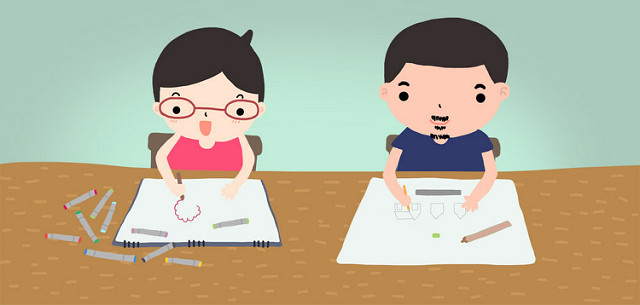
As of 2015, about half of married couples were dual earners — meaning both partners work for pay — according to the Bureau of Labor Statistics. While having two income earners may be necessary, it also comes with its own stressors and difficulties. In a recent article, BBC spoke with sociologist Phyllis Moen about how dual-working couples make it work. Moen says that the most influential factor in leading a high quality of life is not having kids.
“If they had children, either one or both partners were stressed,” she says. “The things that ameliorate stress from dual-working couples is having a job with considerable flexibility, and not working long hours if possible. Today that is not always possible. So it’s important to make a commitment to both careers, which can be very hard to do.”
Moen cautions that when both partners have careers, one person usually ends up making sacrifices for the other. However, this becomes easier if the sacrifice is temporary. Couples can “leapfrog” so that both careers take priority at different times over the course of the relationship.
“Committing to both careers often means that one person will have to sacrifice for the other … but these sacrifices should be taken in turns with long-term goals in mind. People found that one career might have to come first. And it wasn’t and shouldn’t necessarily be the same career over time. You can leapfrog over time so it will be a different person whose career takes priority.”
Though the balance may be a difficult one to strike, Moen’s work shows power couples can find happiness by promoting each other’s success.

Comments 1
Emma — February 23, 2024
Do what brings you pleasure, the main thing is not to overwork yourself. The main advice when designing a resume and formatting available information is a single style, without using a large number of fonts and colors. There is a lot of useful information on this subject on the gotresumebuilder website.